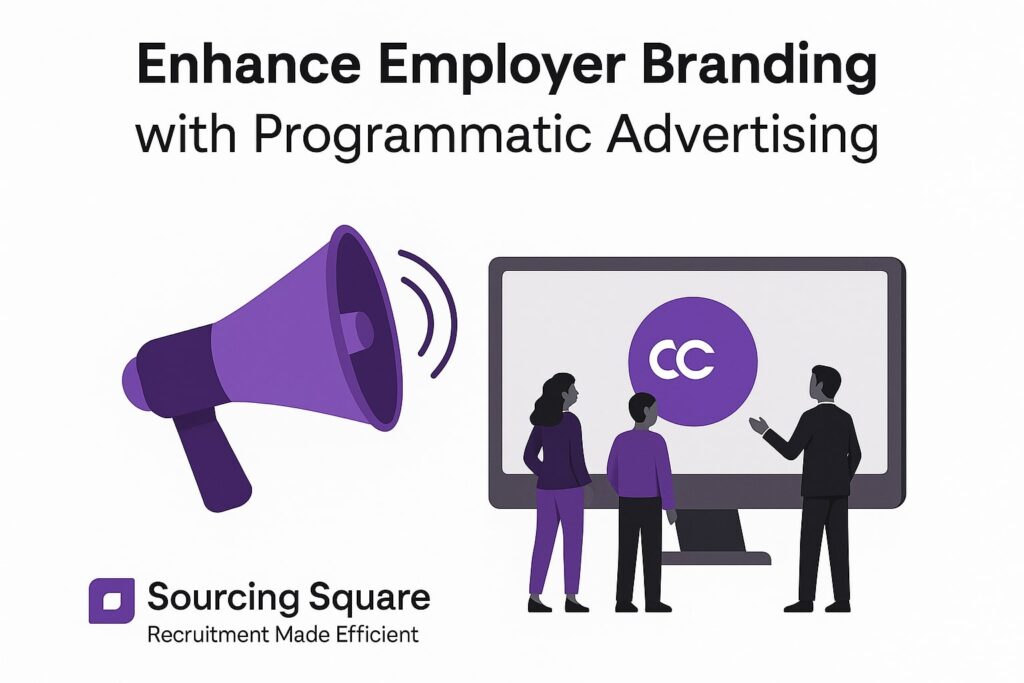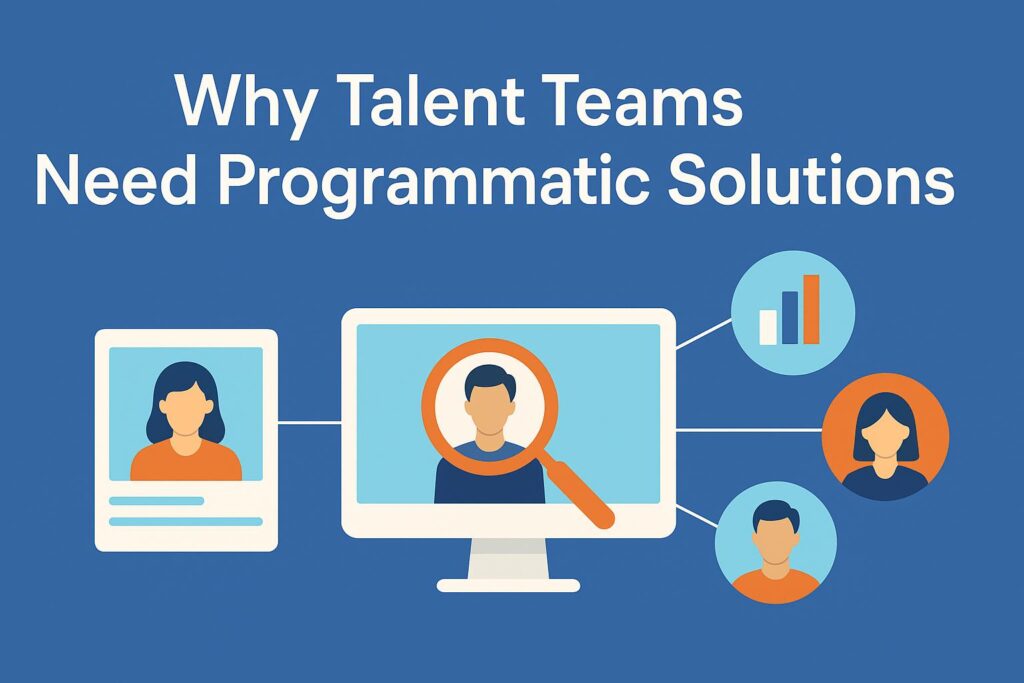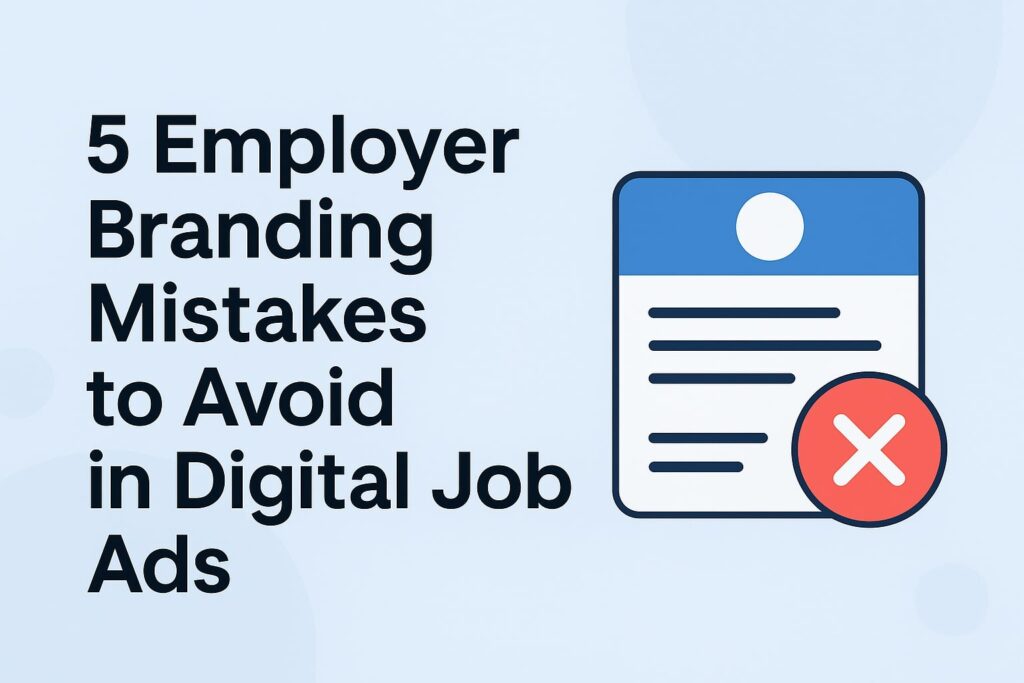In times when the demand for skilled talent is high, and the competition among employers is fierce, navigating recruitment challenges becomes a critical aspect of organizational success. The digital age has ushered in a wealth of opportunities and obstacles, transforming the recruitment process into a sophisticated endeavour. The global talent pool is expansive, yet identifying and attracting the right candidates amid the vast array of online platforms and networking channels poses a significant hurdle. Additionally, the demand for specialized skills is escalating, creating a talent scarcity in certain industries. The evolving expectations of the modern workforce, characterized by a desire for flexibility, purpose-driven work, and diverse experiences, add another layer of complexity.
Moreover, technological advancements, such as artificial intelligence and automation, are reshaping job requirements, necessitating a continuous adaptation of recruitment strategies. Balancing these intricacies while ensuring diversity, equity, and inclusion further compounds the challenge, underscoring the need for innovative and agile recruitment approaches in today’s fast-paced and competitive business environment.
Table of Contents
- Introduction
- The Current Recruitment Landscape
- Identifying Recruitment Challenges
- Strategies for Overcoming Recruitment Challenges
- Real-world Examples of Successful Recruitment Strategies
- Monitoring and Adapting Strategies
- Conclusion
In this blog, we’ll delve into the complexities of recruiting in a competitive market, exploring key challenges and providing actionable strategies to overcome them.
The Current Recruitment Landscape
In the ever-evolving landscape of recruitment, organizations find themselves navigating through a dynamic environment shaped by technological advancements, shifting workforce demographics, and emerging market trends. The contemporary recruitment scenario is marked by a high demand for specialized skills, creating a competitive market where employers vie for the attention of top-tier talent. The advent of digital platforms and the influence of social media have transformed how employers connect with potential candidates, emphasizing the need for a robust online presence and a compelling employer brand.
Additionally, the ongoing global changes, such as remote work becoming the norm, further contribute to the complexity of the recruitment landscape. To successfully navigate this terrain, organizations must not only stay attuned to industry-specific trends but also adapt their strategies to align with the evolving expectations and preferences of today’s workforce.
Identifying Recruitment Challenges
In the intricate recruitment landscape, organizations encounter multifaceted challenges that demand strategic solutions. This exploration begins with a focus on the identification of pivotal recruitment challenges. From the pervasive issue of talent shortages, shaped by evolving skill requirements, to the intense competition for top-tier talent, organizations must navigate these complexities. The critical balance of time-to-hire pressure and the imperative to foster diversity and inclusion adds layers of intricacy. Delving into each challenge unveils the strategic approaches necessary to recognise these hurdles and construct effective solutions, ensuring organizations stay competitive in the dynamic talent acquisition arena.
Talent Shortages: A Pervasive Issue
In various industries, the relentless evolution of skill requirements and an insufficient talent pipeline have led to pervasive talent shortages. To address this challenge effectively, organizations must meticulously identify the specific skills in demand within their sector, enabling targeted talent acquisition strategies and proactive skill development initiatives.
Intense Competition from Peers
The battle for top-tier talent intensifies as organizations compete for the same pool of skilled professionals. Success lies in differentiation—companies must articulate compelling value propositions that showcase their unique strengths and corporate culture, providing candidates
with a clear understanding of why they stand out among their competitors.
Time-to-Hire Pressure
In the competitive job market, delays in the hiring process can be detrimental. Striking the right balance between expediency and comprehensive candidate evaluation is crucial. Streamlining processes, utilizing technology, and optimizing recruitment workflows can significantly reduce time-to-hire, ensuring organizations secure high-caliber candidates promptly.
Diversity and Inclusion Imperatives
Beyond being a moral obligation, fostering diversity is a strategic imperative that enhances organizational resilience and innovation. Combatting biases in recruitment processes is essential for creating an inclusive workplace. This involves implementing blind recruitment techniques, promoting diverse candidate slates, and offering equal opportunities to candidates irrespective of background, ensuring that the workforce reflects diverse perspectives and experiences.
Strategies for Overcoming Recruitment Challenges
Building a Compelling Employer Brand
Crafting a compelling employer brand involves creating a narrative that transcends job descriptions. It encompasses the company’s culture, values, and commitment to employee growth. A well-defined employer brand not only attracts candidates with the necessary skills but also those who resonate with the organization’s ethos, fostering a stronger connection between employees and the company’s mission.
Strategic Recruitment Planning
Strategic recruitment planning is a proactive approach that involves a nuanced understanding of the organization’s specific needs. This includes identifying skill gaps, utilizing niche platforms to target specialized talent pools, and forming strategic partnerships with educational institutions. Tailoring recruitment strategies based on these insights ensures a more efficient and effective hiring process.
Embracing Technology Solutions
The integration of technology solutions is paramount in streamlining recruitment processes. Leveraging AI-driven tools for initial candidate screenings automates routine tasks, allowing recruiters to focus on strategic decision-making. Applicant tracking systems further enhance efficiency by organizing and managing candidate data, ensuring a seamless and data-driven recruitment experience.
Employee Referral Programs
Employee referral programs go beyond traditional hiring channels. They leverage internal networks to accelerate the hiring process and tap into a pre-existing pool of talent recommended by current employees. This not only expedites the hiring timeline but also brings in candidates who are more likely to align with the company culture, as they come with a personal endorsement from within the organization.
Real-world Examples of Successful Recruitment Strategies
Google’s Unconventional Approach
Google’s emphasis on creative problem-solving during interviews and a culture that fosters innovation has made it a talent magnet. Learning from Google’s approach can inspire organizations to redefine their hiring processes.
Salesforce’s Commitment to Equality
Salesforce prioritizes equality in hiring, setting an example for organizations looking to foster diversity and inclusion. Their 1-1-1 model, donating 1% of product, equity, and employee time to the community, contributes to a positive employer brand.
Monitoring and Adapting Strategies
Data-Driven Decision-Making
Implementing analytics in recruitment provides valuable insights into the effectiveness of strategies. Metrics such as time-to-fill, candidate satisfaction, and diversity ratios help refine approaches.
Continuous Feedback Loops
Regularly gathering feedback from candidates, hiring managers, and recruiters allows for agile adjustments to recruitment strategies. A feedback loop promotes a culture of improvement.
Conclusion
In the competitive realm of talent acquisition, organizations must proactively tackle recruitment challenges. By understanding the market, strategically planning recruitment processes, and leveraging innovative approaches, businesses can position themselves as employers of choice. Continuous adaptation and a commitment to diversity and inclusion are essential components of a successful recruitment strategy in today’s competitive market.
Sourcing Square revolutionizes our recruitment strategy in the fiercely competitive market. Its advanced AI algorithms streamline candidate sourcing, ensuring a diverse and qualified talent pool. The platform’s real-time analytics empower data-driven decisions, accelerating our hiring process and enhancing overall efficiency, making talent acquisition a strategic advantage in today’s dynamic business landscape.




